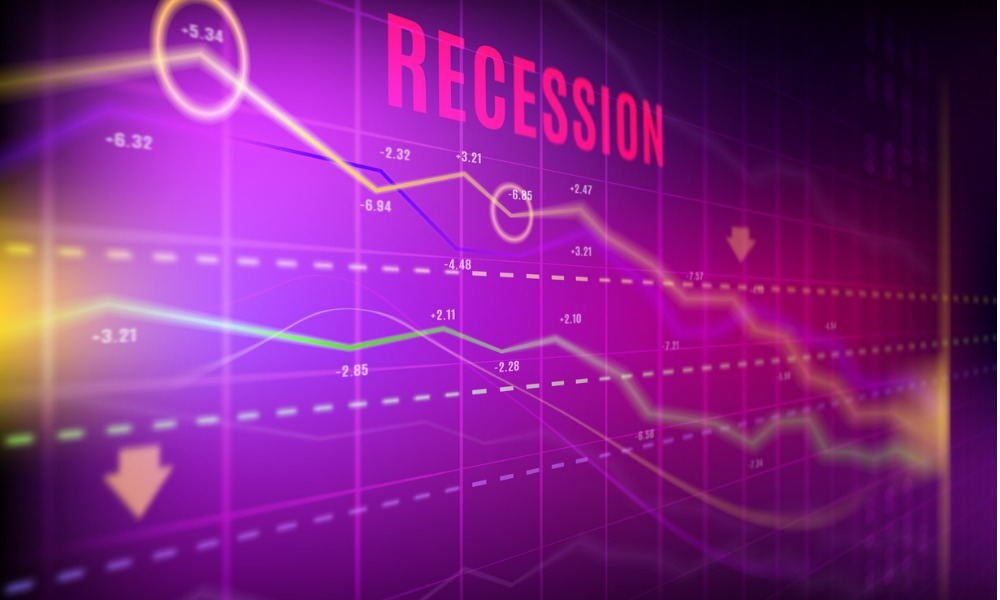Here's what analysts have to say

Whether New Zealand has fallen into a recession will be revealed when Stats NZ releases GDP figures for the three months to the end of June on Thursday.
Read more: Recession fears dominate NZ economy
While some analysts believed that even a shallow recession was unlikely, there were some who think it could be a close-run thing.
Stats NZ previously estimated the economy to contract by 0.2% in the three months to the end of March.
BNZ predicted Stats NZ to report solid quarter-on-quarter GDP growth of 1.5%, while the Reserve Bank forecasted an even stronger growth of 1.8% in its August monetary policy statement, Stuff reported.
Read next: Does New Zealand need to have a recession?
But ANZ was more pessimistic. On Friday, the bank revised its growth forecast for the quarter to 0.4%, from its previous estimate of 1% growth.
“Leading indicators going into the second-quarter GDP release have been softer than expected on balance, indicating an economy struggling to get resource to grow, with COVID disruption only adding to that,” ANZ economist Miles Workman said.
On the same day, ASB also revised its second-quarter growth forecast from 0.8% to 1.2%.
Westpac was expecting a 1.6% growth but warned that uncertainty over the number was particularly large this quarter.
To match the average growth rate across the OECD, New Zealand, one of the last developed countries to report its second-quarter GDP numbers, will need to achieve 0.3% growth.
The US and Britain both saw modest declines of 0.1% for the quarter.
ANZ, which has been relatively hawkish on the outlook for interest rates, doesn’t think that Stats NZ concluding the country’s economy shrank in the first half of the year would sway the Reserve Bank from its current pace of monetary policy tightening, Stuff reported.
“While some indicators suggest the economy was in technical recession, given lingering wage and inflation pressures, the Reserve Bank will need to keep on hiking even if this turns out to be the case,” Workman said.
If that is true, whether New Zealand has fallen into a recession may appeal more to politicians seeking ammunition on the management of the economy than to financial markets.
According to the International Monetary Fund, although the two-quarter test for defining recessions was “a good rule of thumb,” it has its drawbacks and it may be preferable to use a broader set of economic indicators, rather than just GDP, to make a call.
It might be less of a surprise for a meaningful recession with declining GDP and rising unemployment in New Zealand in 2023 than a technical recession this year.
BNZ is expecting a “modest correction” with zero growth between October and March and a 0.3% fall in GDP in the three months to the end of June next year – a weaker outlook that reflects an assumption that higher interest rates will increasingly impact consumer spending, and concerns over the impact of an energy crisis during the European winter and weak growth in China.
Most analysts believed the economy will dodge a recession next year, but this depends on whether foreign tourists and students will come back to New Zealand in anything like pre-COVID numbers.
ANZ’s forecasts have the economy escaping a recession next year – but only because it has pencilled in a strong recovery in net exports, the bank said.
“From a domestic, gross national expenditure, perspective, we do expect a contraction over the first half of 2023,” ANZ told Stuff. “If international tourism and education don’t pick up as quickly as we’re hoping, the whole economy could easily slip into recession.”



